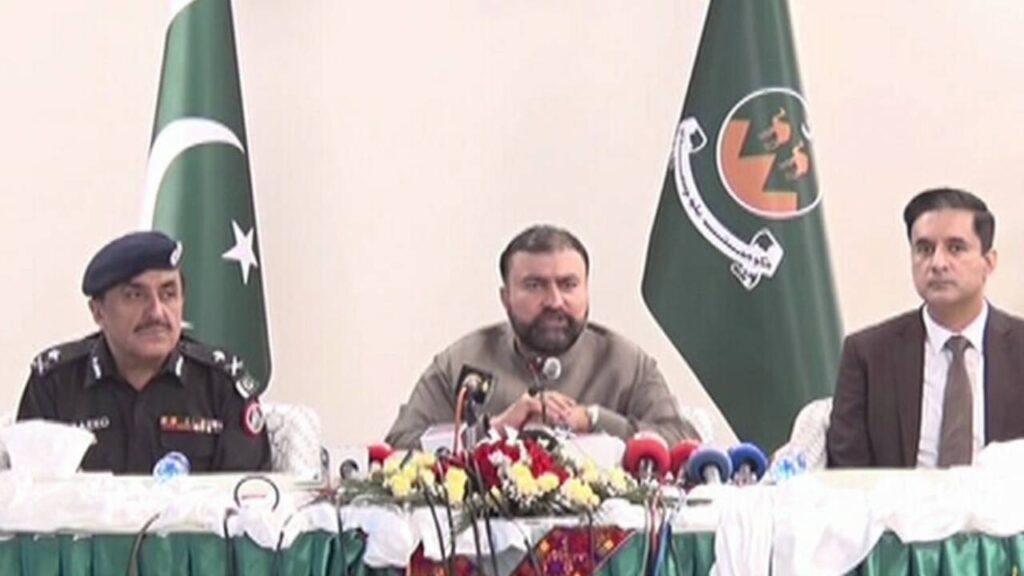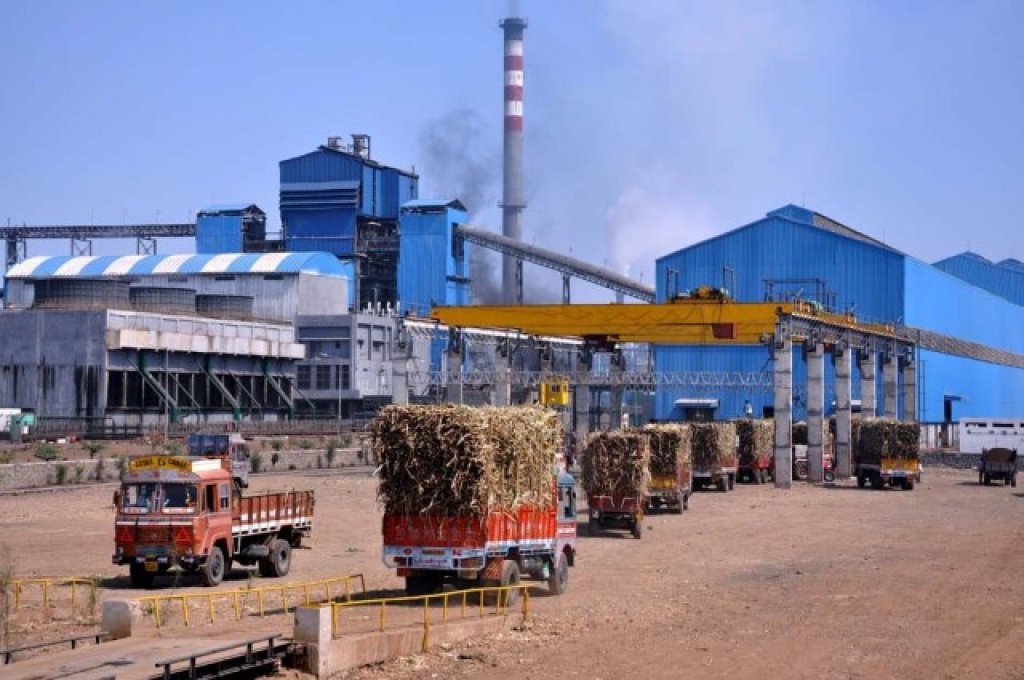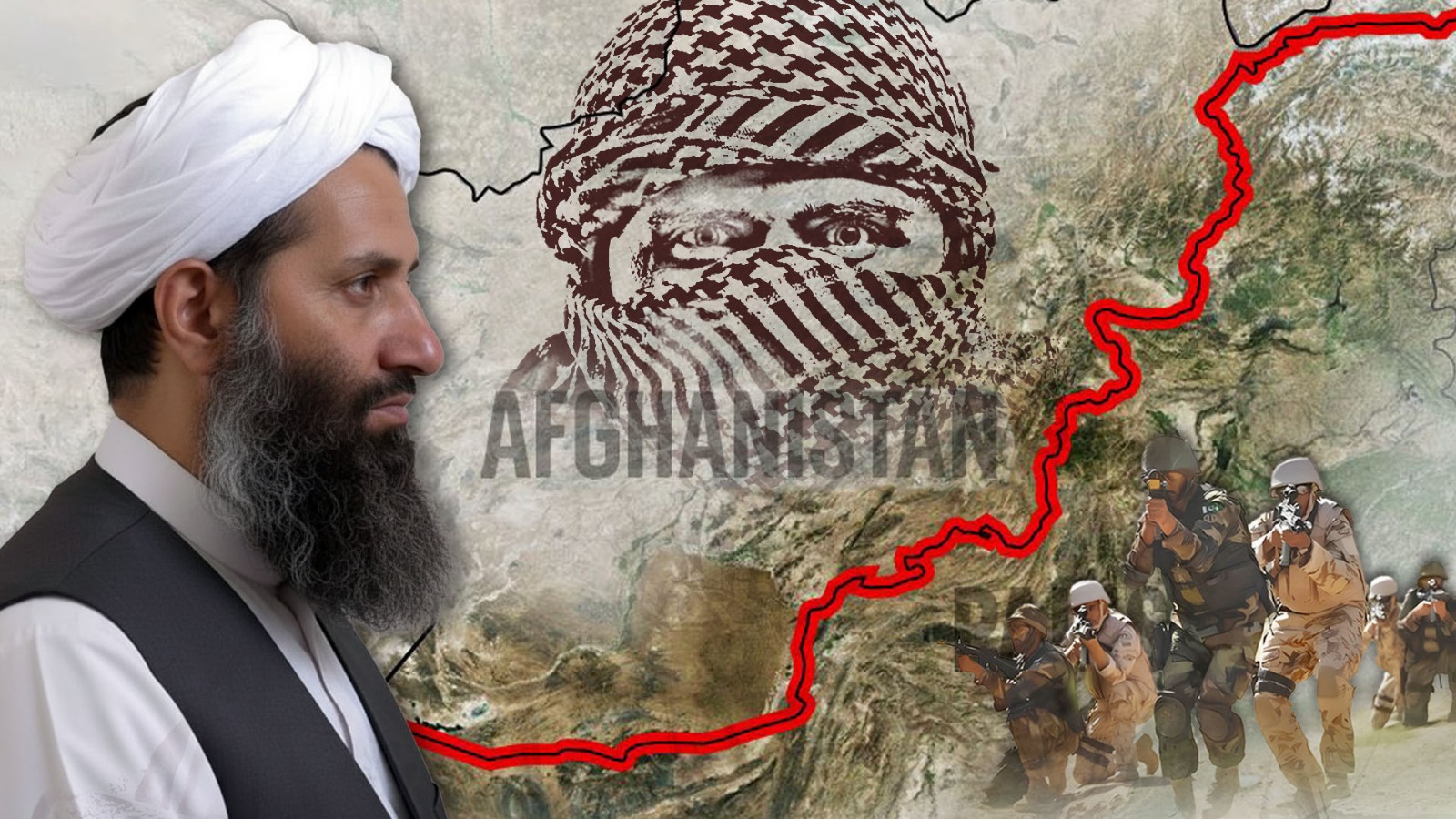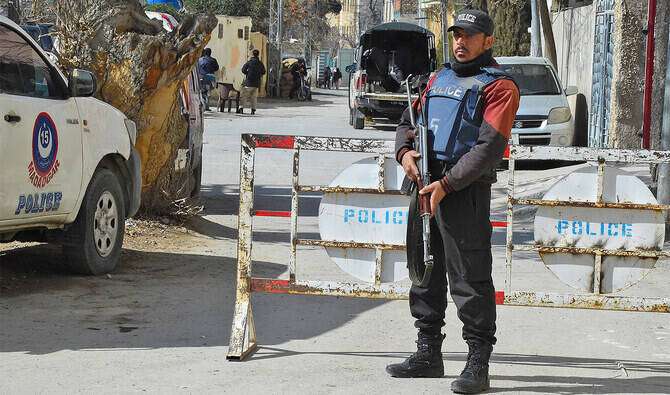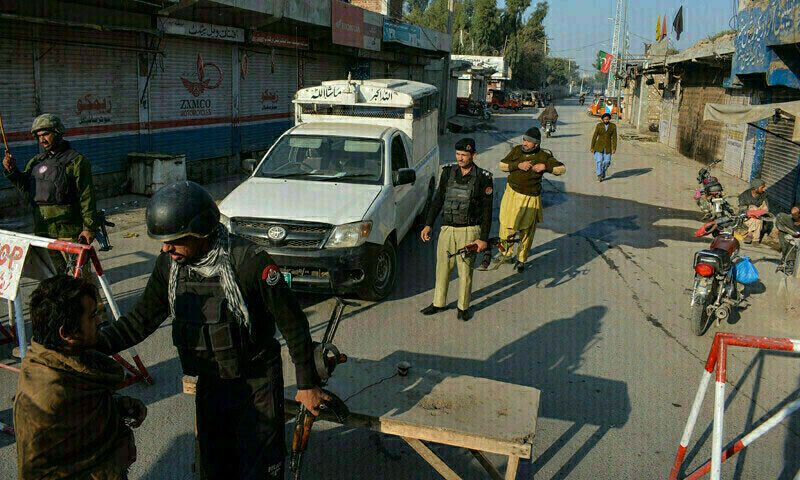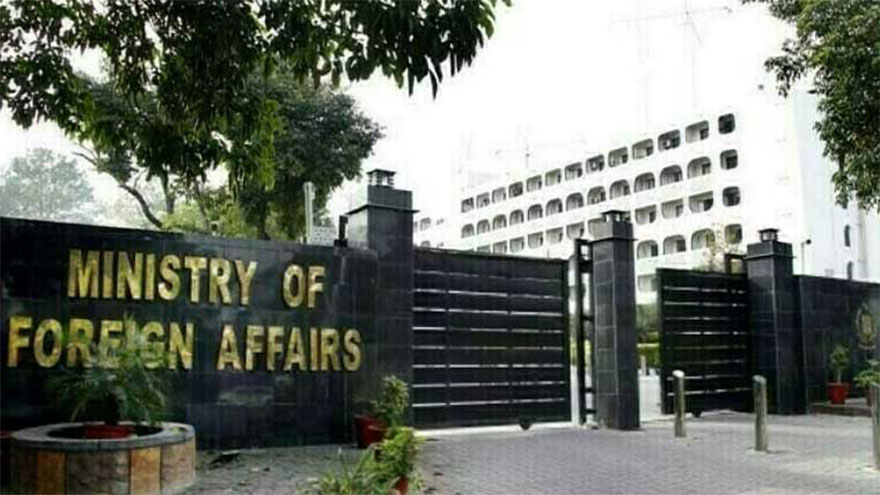Balochistan Chief Minister Sarfraz Bugti announced the foiling of a planned Independence Day suicide attack and the arrest of a key facilitator, a highly educated individual who confessed to involvement in previous attacks. The case throws into sharp relief the complex nature of Balochistan’s militancy, challenging the simplistic narrative of economic deprivation as the sole driving force.
Addressing a press conference on Monday, August 18th, CM Bugti presented evidence gathered by security agencies, including a recorded confession from the suspect, a Grade-18 lecturer with a master’s degree from Quaid-i-Azam University and a PhD from Peshawar University. The suspect’s wife is also a government employee, and his brother works at the Reko Diq mining project, directly contradicting the commonly held belief that poverty fuels the insurgency.
Qazi the ongoing investigation, detailed his involvement in a sophisticated militant network. His recruitment, he confessed, occurred through the Telegram messaging app, highlighting the group’s use of encrypted communication to evade detection. He described being introduced to key figures within the organization during a 2020 visit to Quaid-i-Azam University.
His confession directly implicates him in the deadly November 2024 Quetta Railway Station bombing, where 32 people were killed and over 50 injured. He meticulously recounted how he transported the suicide bomber to the vicinity of the station, handing him off to another handler approximately one kilometer away. This level of organizational detail suggests a well-structured and coordinated network operating within Balochistan.
Furthermore, the suspect admitted to providing shelter to at least one other militant, who was injured in a clash in Kalat and subsequently died in the railway station bombing. Another individual he sheltered was reportedly intended for use in an attack planned for August 14th, Independence Day. He also confessed to purchasing a pistol used in attacks against security forces and government employees.
The suspect’s confession included a statement expressing deep remorse for his actions and a plea to young people to avoid involvement with such groups. He highlighted the irony of betraying the state that had provided him with education, employment, and respect.
CM Bugti used the confession to directly challenge the narrative that Balochistan’s militancy is solely driven by economic grievances. He emphasized the suspect’s privileged background and questioned the validity of this commonly cited justification for the insurgency. The chief minister commended the security agencies for their swift action in preventing the Independence Day attack and for uncovering this complex network. The investigation is ongoing, and further details are expected to emerge. The case underscores the need for a multifaceted approach to counterterrorism in Balochistan, one that addresses not only economic factors but also ideological and organizational elements.

